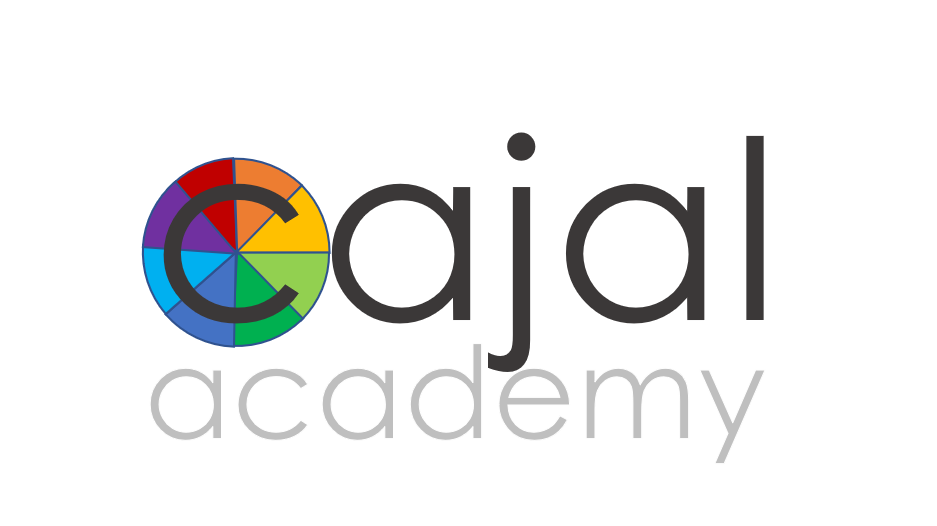One of the driving reasons that led us to create Cajal Academy was to provide a nurturing and informed community in which children whose lives are impacted by chronic medical conditions could openly share their experiences and receive not only adult but peer support. The very nature of growing up with a chronic medical condition that impairs your quality of life can be very isolating for kids. Even kids who are able to participate in a full range of extra-curricular activities may feel alone as they manage internal symptoms, anxieties about their conditions and/or medical treatments that aren’t shared by their peers or reflected in the culture around them. For conditions like Ehlers-Danlos Syndrome where the presentation can shift and new symptoms emerge over time, children may experience grief over the loss of activities and “normal” childhood experiences. This is exacerbated where diagnostic abilities lag and the general population lacks awareness of the condition. Mainstream educational traditions from sitting cross-legged on the floor (which can be painful for hypermobile knees) to cupcake birthday parties (which often exclude children with food allergies or MCAS) that are intended to bring children together can inadvertently further these vulnerable children’s isolation, by pointing out the many ways in which their bodies are not like everyone else’s.
At Cajal Academy, we have carefully-fostered a very different school culture. Here are some of the components that go into this unique culture and its specific benefits for our “Zebras.”
Personalized social-emotional learning programs
Our social-emotional curriculum is individualized for each child and takes into account the impact of any chronic medical conditions on their life-lived experiences, alongside other aspects of their profile. Each child’s program starts with identifying the challenges they need our help to solve, and then a mix of tailored solutions including self-regulation strategies, targeted curriculum to fill any social cognition gaps and counseling with a PhD-level psychologist who is an expert in the impacts of chronic medical conditions and neurophysiological differences on social, emotional and learning experiences.
A community of kids who “get it,” & actually support each other’s journeys
We foster a culture in which children share their challenges, listen to and learn from those of their peers, and then celebrate with them when they overcome those challenges. This is supported by our robust social-emotional curriculum, which encourages our students to identify and share their emotional, learning and physio experiences.
By making this a part of our everyday activities at the school, we teach the kids the power of asking for help, and model for them ways they can communicate not only their needs but their feelings. Physio needs like the slump of a dysautonomia-driven blood pressure drop are supported by the group right alongside anxiety about learning a new topic in math.



